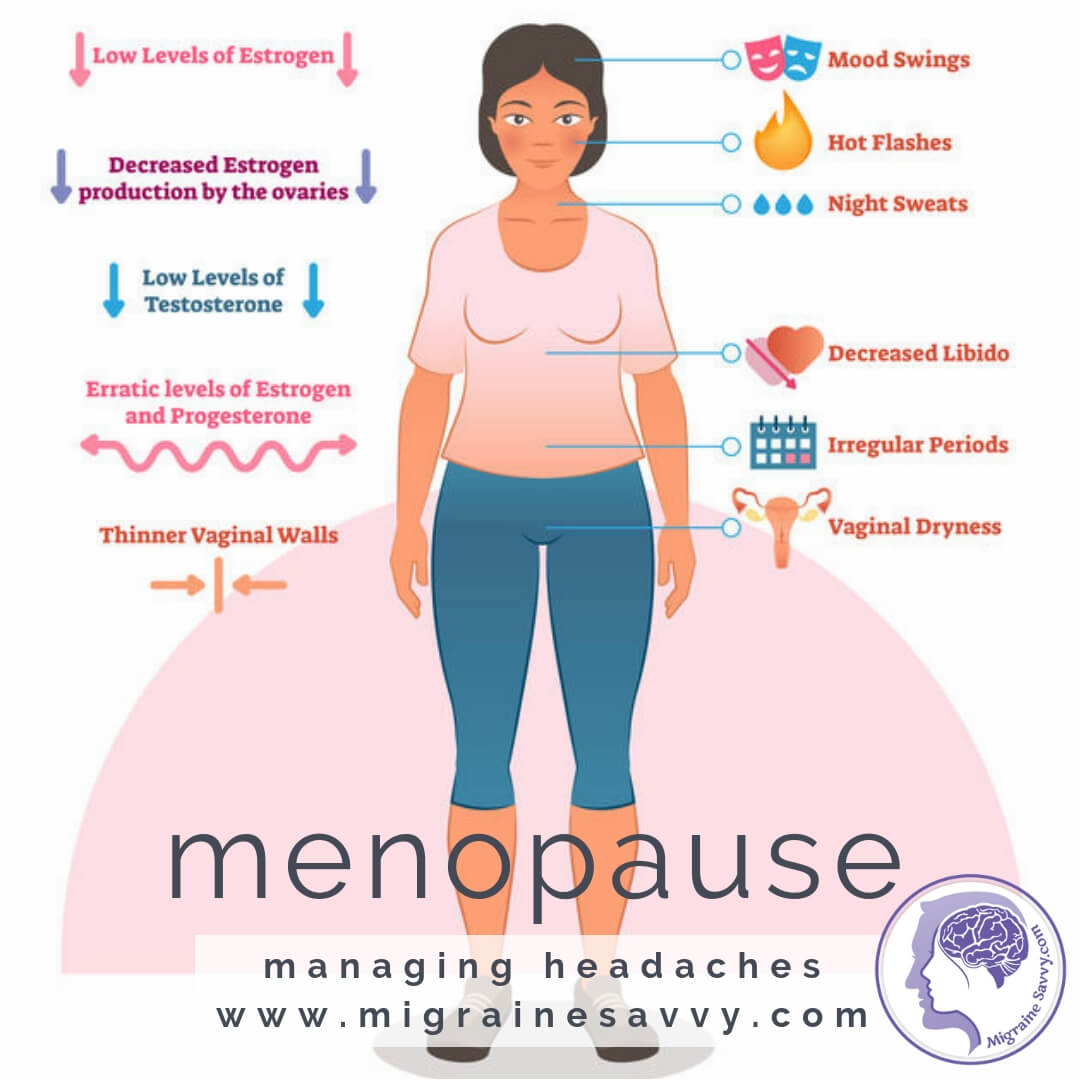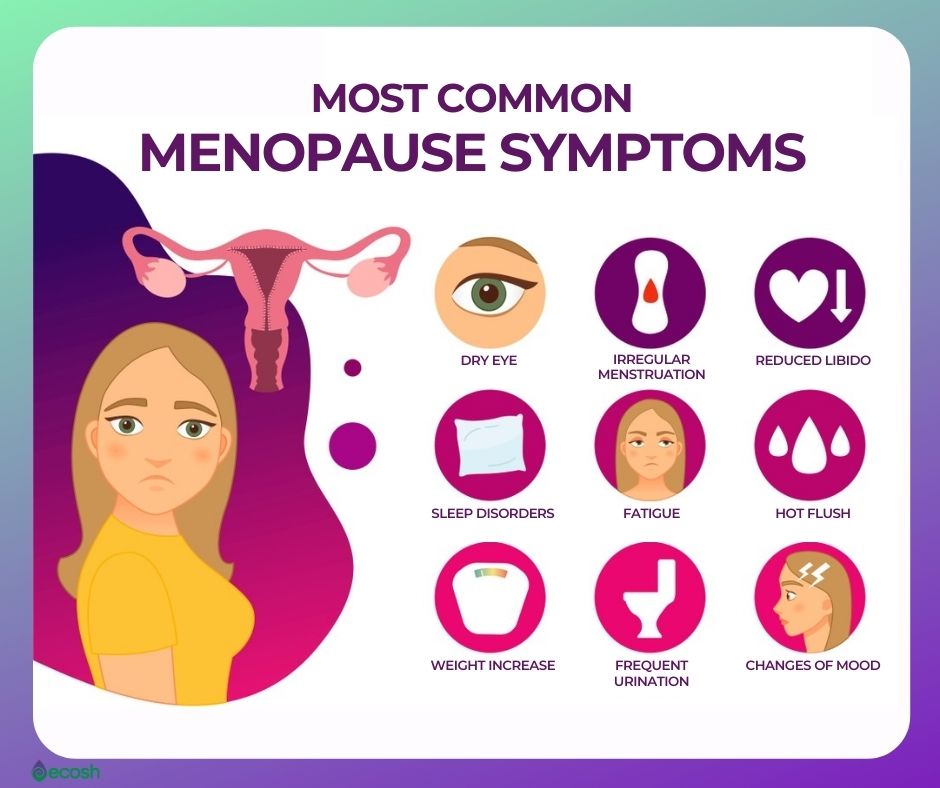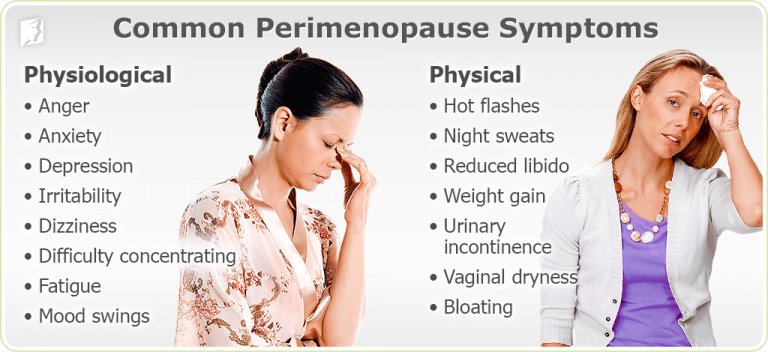Menopause pain, a prevalent experience for women, encompasses a wide range of physical and emotional symptoms that can significantly impact daily life. As women navigate this transition, it is crucial to understand the underlying causes and explore effective treatment options to alleviate discomfort and enhance well-being.
During menopause, hormonal fluctuations, particularly the decline in estrogen and progesterone levels, play a significant role in triggering various symptoms, including hot flashes, night sweats, mood swings, and sleep disturbances. These changes can lead to physical discomfort, such as joint pain, headaches, and muscle aches, as well as emotional challenges like anxiety and irritability.
Symptoms of Menopause Pain
Menopause is a natural transition in a woman’s life that marks the end of menstruation. It typically occurs between the ages of 45 and 55, but can vary widely from woman to woman. Menopause is accompanied by a range of physical and emotional symptoms, known as menopause pain, that can significantly impact daily life and well-being.
Physical symptoms of menopause pain include:
- Hot flashes: Sudden feelings of intense heat that spread over the body, often accompanied by sweating and redness of the face and neck.
- Night sweats: Similar to hot flashes, but occurring during sleep, leading to disrupted sleep and fatigue.
- Vaginal dryness: Decreased production of vaginal fluids, which can lead to pain and discomfort during intercourse.
- Osteoporosis: A condition that weakens bones, making them more susceptible to fractures.
- Cardiovascular disease: Increased risk of heart disease and stroke due to changes in hormone levels.
Emotional symptoms of menopause pain include:
- Mood swings: Rapid and unpredictable changes in mood, ranging from irritability and anxiety to sadness and depression.
- Insomnia: Difficulty falling or staying asleep, leading to fatigue and daytime sleepiness.
- Cognitive changes: Decreased memory, attention, and concentration, commonly known as “brain fog.”
- Weight gain: Changes in metabolism and hormone levels can lead to weight gain, particularly around the abdomen.
These symptoms can vary in severity and duration from woman to woman. While some women experience only mild symptoms, others may experience more severe symptoms that significantly interfere with their daily lives. It is important for women to be aware of these symptoms and seek medical attention if they are experiencing any discomfort or concerns.
Causes of Menopause Pain

Menopause, the natural decline in reproductive hormones, triggers various hormonal changes that contribute to pain. Estrogen and progesterone, the primary female hormones, play crucial roles in regulating body temperature, mood, and other physiological functions. As these hormone levels decline during menopause, they can lead to physical and emotional discomfort.
Hormonal Changes and Their Impact on Pain
- Estrogen:Estrogen helps regulate body temperature and mood. During menopause, estrogen levels decline, leading to hot flashes, night sweats, and mood swings. These symptoms can contribute to sleep disturbances and fatigue, which can worsen pain perception.
- Progesterone:Progesterone plays a role in reducing inflammation and pain. As progesterone levels decline during menopause, inflammation and pain may increase, particularly in joints and muscles.
- Other hormones:In addition to estrogen and progesterone, other hormones, such as thyroid hormones and adrenal hormones, may also fluctuate during menopause. These hormonal changes can further contribute to fatigue, sleep disturbances, and mood changes, which can indirectly impact pain perception.
Treatment Options for Menopause Pain

Menopause pain can significantly impact a woman’s quality of life. Fortunately, various treatment options are available to alleviate these symptoms.
The choice of treatment depends on the severity of symptoms, underlying health conditions, and individual preferences. It’s crucial to consult a healthcare professional to determine the most appropriate treatment plan.
Hormone Replacement Therapy (HRT)
HRT involves taking synthetic hormones, estrogen, and progestin, to replace the declining levels of these hormones during menopause. HRT can effectively reduce hot flashes, night sweats, and vaginal dryness.
However, HRT may have potential risks, such as an increased risk of breast cancer, heart disease, and stroke. Therefore, it’s essential to weigh the benefits and risks carefully before considering HRT.
Non-Hormonal Therapies
For women who cannot or prefer not to take HRT, non-hormonal therapies can provide relief from menopause pain.
- Lifestyle Modifications:Maintaining a healthy weight, engaging in regular exercise, and getting enough sleep can help manage menopause symptoms.
- Acupuncture:This traditional Chinese medicine technique involves inserting thin needles into specific points on the body. It may help reduce hot flashes and other symptoms.
- Herbal Remedies:Certain herbs, such as black cohosh, evening primrose oil, and chasteberry, have been used to alleviate menopause symptoms. However, it’s important to consult a healthcare professional before using herbal remedies, as they may interact with medications.
Management Strategies for Menopause Pain
Managing menopause pain requires a multifaceted approach that incorporates lifestyle modifications, medical interventions, and alternative therapies. Lifestyle changes play a crucial role in alleviating pain symptoms and improving overall well-being during this transition.
Design a Plan for Managing Menopause Pain through Lifestyle Changes
Creating a personalized plan tailored to individual needs and preferences is essential for effective pain management. This plan should include strategies to improve sleep, reduce stress, maintain a healthy diet, and engage in regular exercise.
Provide Tips on Improving Sleep
Sufficient and restful sleep is essential for pain relief. Establishing a regular sleep schedule, creating a conducive sleep environment, and practicing relaxation techniques before bed can improve sleep quality.
Reduce Stress, Menopause pain
Stress can exacerbate menopause pain. Engaging in stress-reducing activities such as yoga, meditation, or spending time in nature can help manage stress levels and alleviate pain.
Maintain a Healthy Diet
A balanced diet rich in fruits, vegetables, and whole grains can provide essential nutrients and antioxidants that support overall health and reduce inflammation.
Regular Exercise
Regular physical activity has been shown to reduce pain intensity and improve mood during menopause. Engaging in low-impact exercises such as walking, swimming, or cycling can provide pain relief.
Table: Recommended Lifestyle Modifications for Menopause Pain Management
| Lifestyle Modification | Benefits ||—|—|| Improve sleep | Reduces pain intensity and improves overall well-being || Reduce stress | Alleviates pain and improves mood || Maintain a healthy diet | Provides essential nutrients and reduces inflammation || Regular exercise | Reduces pain intensity and improves mood |
Support and Resources for Menopause Pain

Menopause pain can be a challenging and isolating experience. Emotional support is crucial during this time, as it can help women feel understood and validated. Connecting with others who are going through similar experiences can provide a sense of community and reduce feelings of loneliness.
Support Groups and Online Forums
Support groups and online forums offer a safe and supportive environment for women to share their experiences, ask questions, and learn from others. These groups are often led by healthcare professionals or experienced women who can provide guidance and support.
Joining a support group or participating in an online forum can help women feel less alone and more empowered to manage their symptoms.
Other Resources
In addition to support groups and online forums, there are other resources available to women experiencing menopause pain. These include:
- Therapists or counselors who specialize in women’s health
- Menopause clinics that offer specialized care and treatment options
- Online resources and information provided by reputable health organizations
Connecting with others who have successfully navigated menopause pain can be a source of inspiration and hope. Hearing stories of resilience and recovery can help women believe that they can overcome their own challenges. These stories can provide valuable insights and coping mechanisms that women can use to manage their symptoms and improve their well-being.
Detailed FAQs
What are the most common symptoms of menopause pain?
Hot flashes, night sweats, mood swings, joint pain, headaches, and muscle aches are common symptoms.
What causes menopause pain?
Menopause pain is primarily caused by hormonal changes, particularly the decline in estrogen and progesterone levels.
How can I manage menopause pain?
Treatment options include hormone replacement therapy, lifestyle modifications, acupuncture, and herbal remedies.
What is the importance of emotional support during menopause?
Emotional support can provide a sense of community, understanding, and empowerment during menopause.